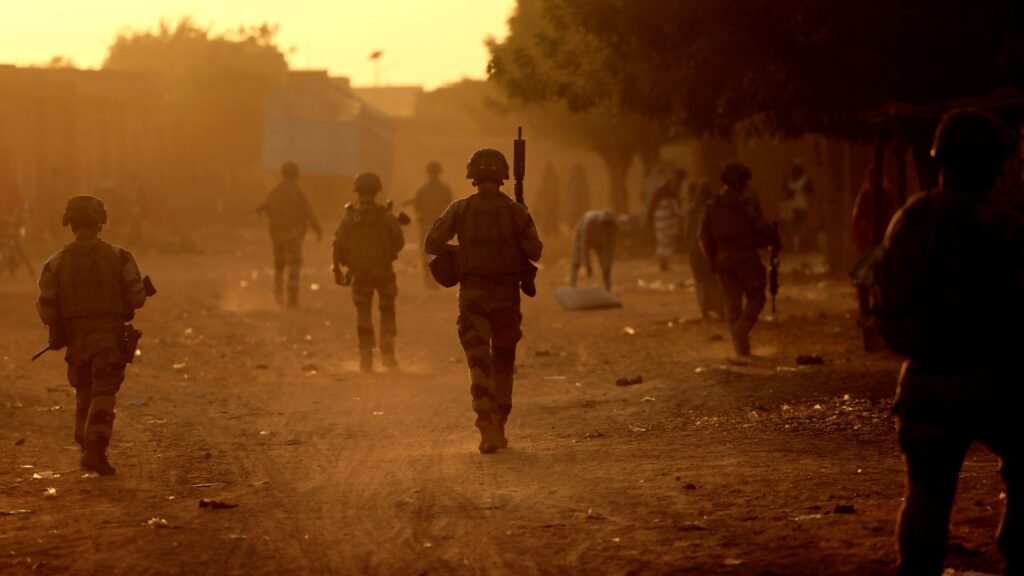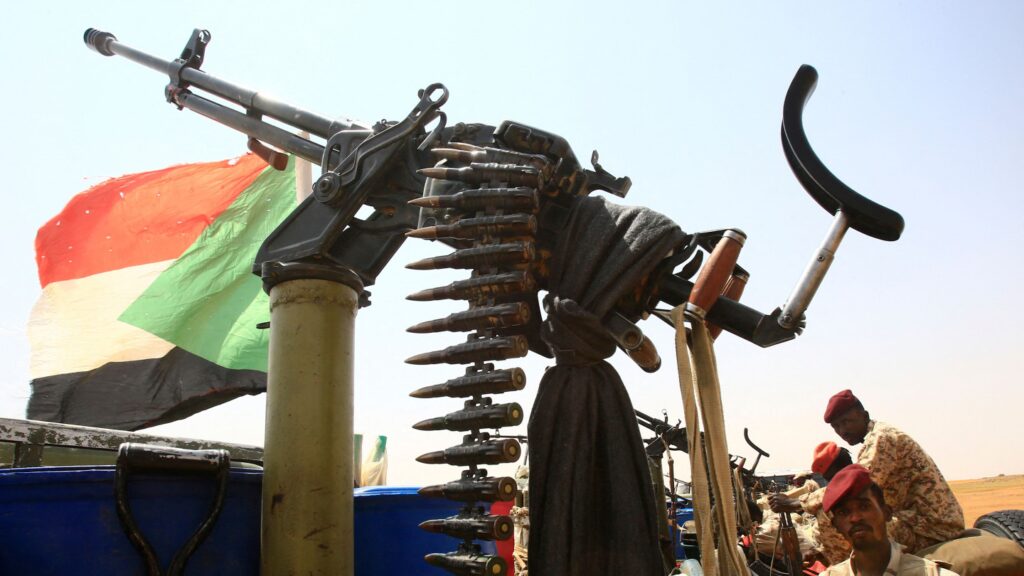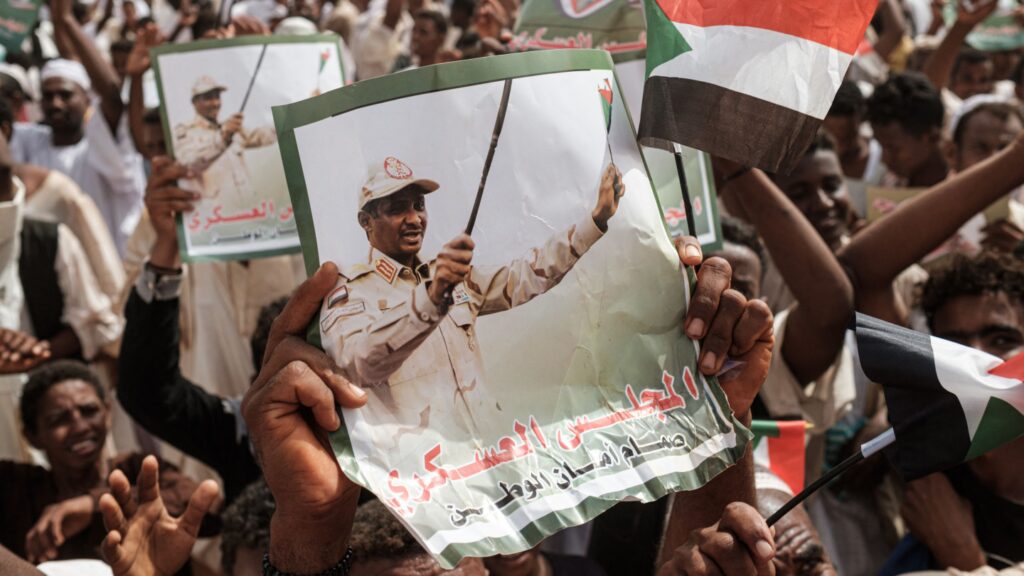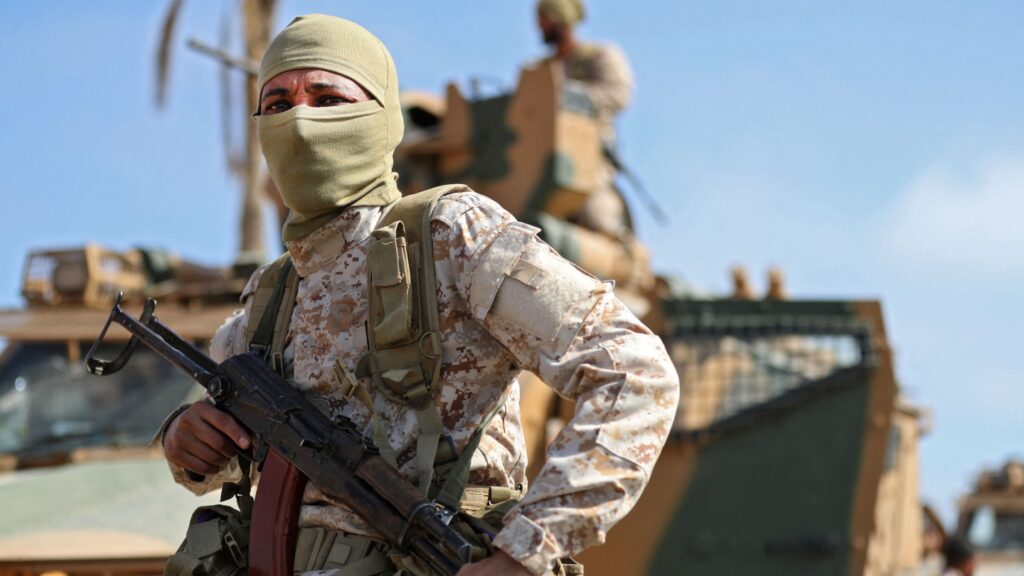1
Les ruées vers l’or saharo-sahéliennes contemporaines sont absentes des radars des études sur les relations entre ressources naturelles extractives et conflits en Afrique, dominées notamment par les travaux sur les rentes pétrolières et sur le pillage des minerais des Grands Lacs. Dans les années 2000, la hausse des prix des matières premières associée aux réformes néolibérales promues par la Banque mondiale a conduit à un regain des activités extractives en Afrique. Une abondante littérature a accompagné ces développements, soulignant les dangers potentiels d’économies fondées exclusivement sur l’extractivisme (pétrolier essentiellement) ou cherchant des alternatives juridiques pour en juguler les défauts. L’accent a été mis sur l’aspect macroéconomique de cette exploitation ou, au niveau local, sur les aspects négatifs de pratiques peu soucieuses des travailleurs et de l’environnement (sur les nouveaux codes miniers et la « malédiction des ressources », voir par exemple Campbell [2009] et Magrin [2013]). Moins nombreux ont été les travaux empiriques menés pour tenter de saisir au plus près du terrain la réalité des transformations engagées dans les territoires locaux par ces développements, et notamment les multiples mobilisations et conflits suscités [Engels et Dietz, 2017].








